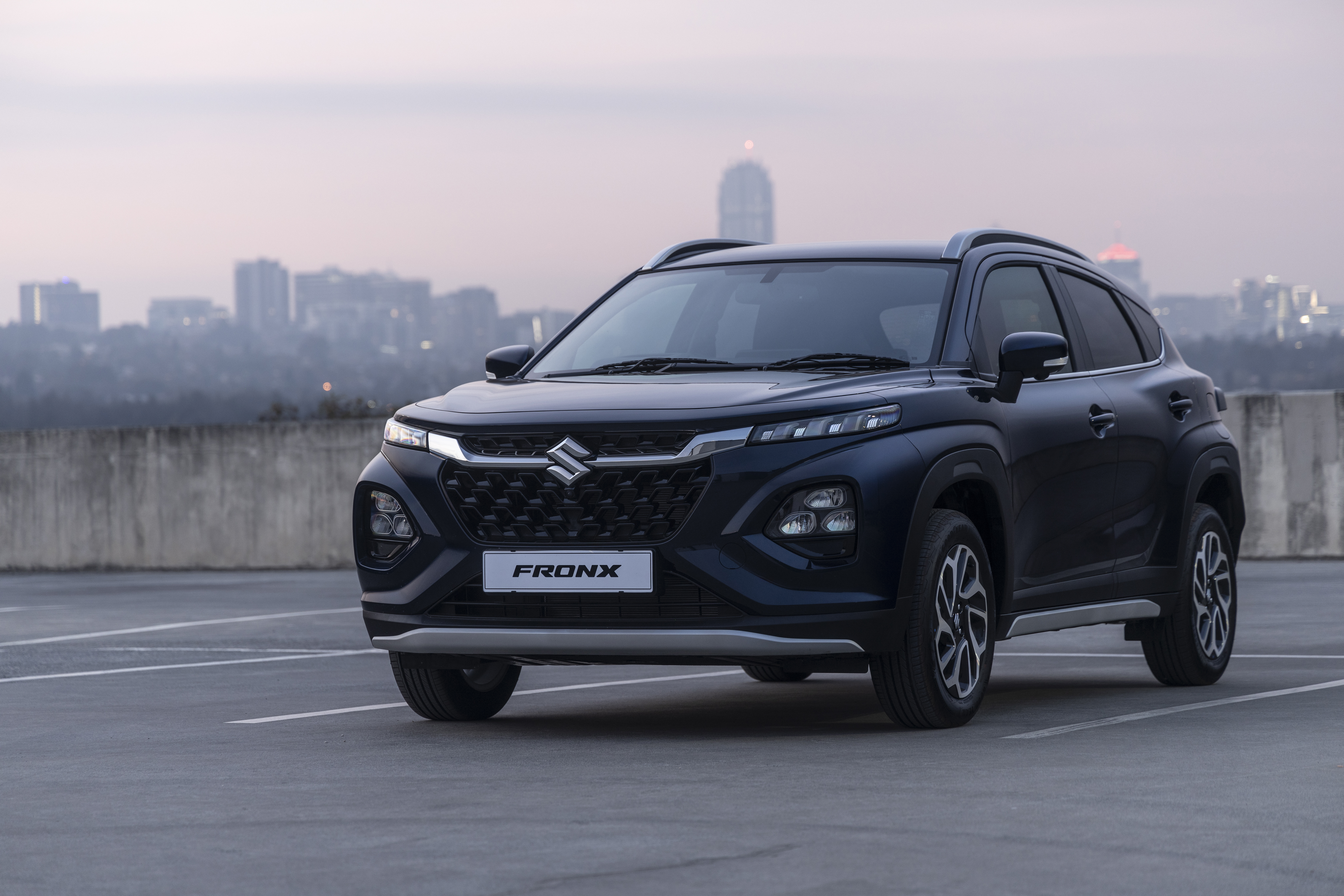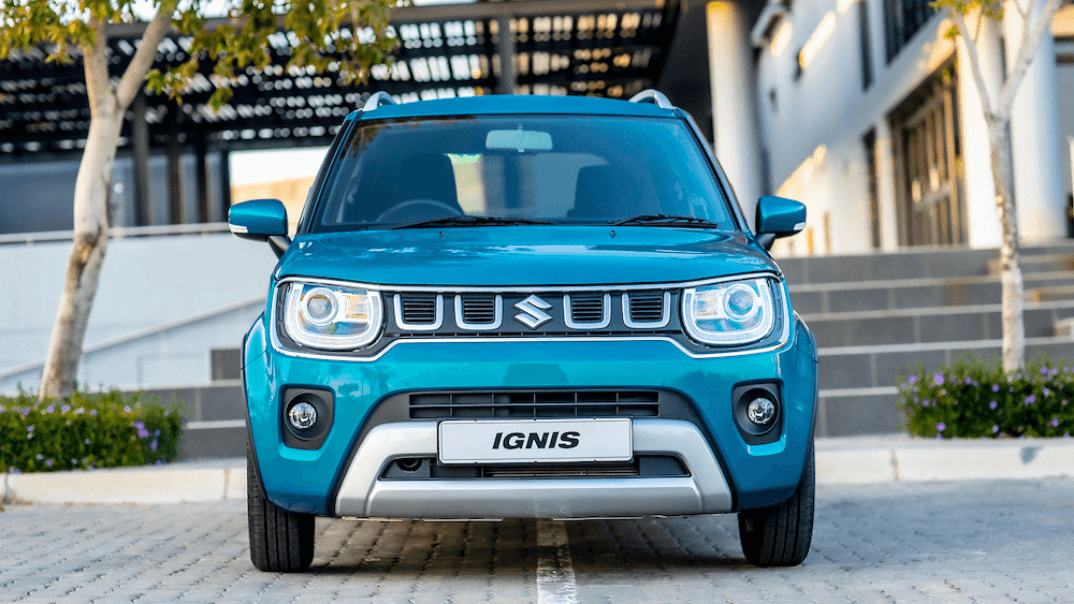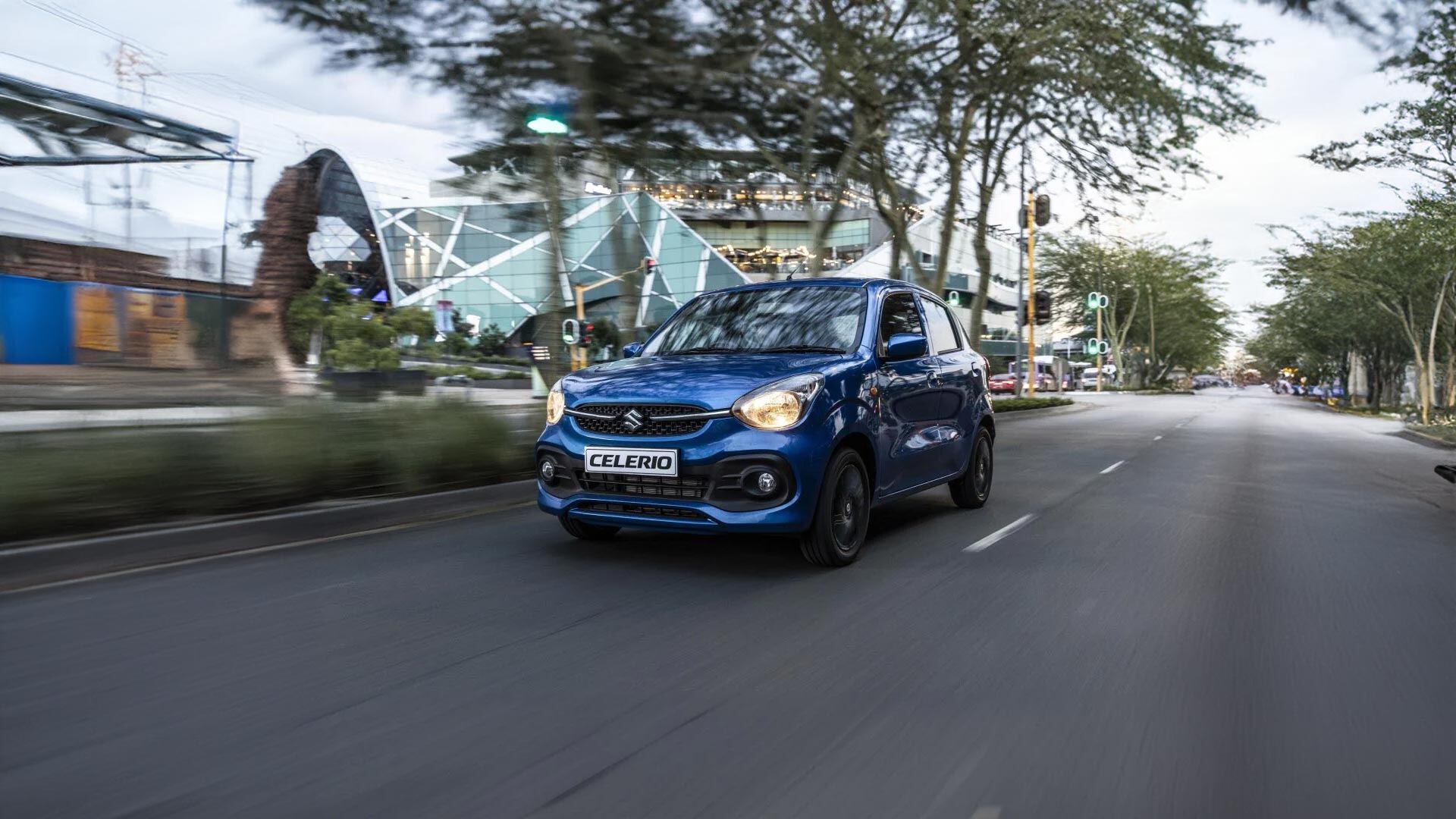Even the most experienced campers appreciate new tips, hacks or gadgets–you can never get enough advice. With that in mind, we’ve put together some of the best tips for managing your campsite kitchen whether it’s your first or 100th camping trip.
1. Plan the stage
You need at least a rough idea of where you’ll be camping, Even if you have nothing specific pre-arranged, you should at least know whether you’ll be in the bush, on a beach, on a rocky mountain, or in a proper campsite. This helps you figure out how you’re going to arrange your campsite and kitchen. Keep the following in mind:
- Will you need a tarpaulin/sturdy mats to try and create some even ground?
- Can you take some camping tables? Do you need to find a way (rocks?) to keep them stable?
- Do you have access to water or will you need to take your own?
- How long will you be there? This will dictate what you can take, rationing each day if needed.
- Does anyone in your group know how to work a gas stove? Or start a fire? You’ll be surprised by how many of us don’t think this through…
2. Choose your cuisine wisely
The type of food you take with you will depend on your camp location and conditions, as well as how long you’re camping for. If there are decent shops nearby you might not have to pre-pack everything but can rather stock up at some point. So make sure you have a good lay of the land before you start your meal planning. Keep in mind:
- Meat must stay frozen until you’re ready to cook and eat. Putting meat in a cooler box for three days is not the same as a fridge. You’re in for a very nasty surprise if you don’t treat meat the same as you do at home.
- Prepare soups, stews or chilli etc ahead of time. Freeze and keep in a cooler. Reheat for a quick meal.
- If you’re going ‘full braai’ make sure your setup is functional. Anything that falls will likely get covered in sand and leaves unlike when you braai on your patio at home. So make sure you’re got a good catching and storing rhythm in place before you just throw everything on.
- Fruits and salads will keep for a few days in a decent cooler box stored in the shade.
- Keep everything in separate, securely sealed containers or bags.
- This includes bread/rolls/eggs.
- Always pack easy options such as noodles, instant soup, crackers and even cereal and long-lasting snacks. These can be a lifesaver if you get caught out by heavy rain.
- Cover pots whenever cooking outdoors. Food will get done quicker and you will save on fuel. This also helps keep dirt and insects out of your food. Most of us don’t enjoy grasshoppers in our stew, even if they’re perfectly cooked.
- Measure ingredients for each meal ahead of time and pack in ziplock bags. Label each bag accordingly.
3. Design your camp kitchen
This will all depend on what you have on hand. If you’re going to a campsite that has braai & washing up facilities, it obviously makes things easier. If you are setting up your camping kitchen from scratch, you’ll need to think it through properly and make sure you have absolutely everything you need.
- If you’re taking a camping stove, try it out at home first. Even if you’ve used it before, you don’t want to wait until dinner to find out it’s faulty or missing a piece.
- Make sure you have the right utensils, whether you’re braaing or going for a potjie.
- Use sturdy plastic cups, bowls, and plates that can be easily cleaned. Disposable is also fine but opt for biodegradable if you can and make sure you have enough. Those paper plates can be very flimsy and you might need to use more than one at a time.
- Pack enough light. Make sure you have a light that can stand/be rigged to hang over your cooking area. It goes without saying that torches are a must.
- Remember extra batteries: many new campers don’t realise how quickly these run out when you’re using your lights for everything from cooking to walking to the bathroom.
- Paper towels and wet wipes - you can never have too many!
- Don’t forget the heavy-duty aluminium foil. There are many uses for it at camp.
- Important: Be very careful with gas canisters. Keep upright at all times. Keep them outside in a well-ventilated area. Check for leakage by putting soap liquid on all connections. Turn off when not in use.
- Make sure you know how to extinguish various types of campfires. Our advice would be to have a fire extinguisher on hand, as we advise most people to carry one in their vehicles anyway.
- Remember serving trays/butcher blocks/anything else that can serve as a clean surface for preparing food.
- Pack a few large containers which can be used either to rinse veggies, to use as a salad bowl, to use to store meat as it comes off the braai, or to rinse dishes etc. You’ll always need them!
- Bring many, many lighters! Matches can get damp and lighters malfunction.
- If possible, bring at least one or two camping tables where you can just organise/place food.
- Remember: whether it’s leftover food or a packet of chips, animals will try to get in. Don’t leave any food out when you’re not in camp. Your best bet is a sturdy cooler box, or keeping food inside your vehicle.
- Become a sniff test expert: make a habit of sniffing everything (you are out in nature, after all). Nothing hits harder than a gulp of coffee with sour milk in the morning.
- Check everything: ants can get in everywhere. This is why you want to keep things as clean, sealed, and organised as possible. Add some ‘ant-cereal’ to the above-mentioned coffee and your day isn’t off to the best start.
- Hang a washing line. There’s always some way to do it and you can clip any cloths or sponges to it to ensure they dry properly before the next use.
There are many more handy tips out there, but from experience, we think the above post covers most of the main points. Visit our blog for plenty of information on camping and travelling tips. The idea is to have as much fun as possible and with a bit of preparation, you can make sure your next camping trip runs as smoothly as possible.
If you’re like us and want to make sure you don’t forget anything, take a look at our Holiday Road Trip Checklist as well



